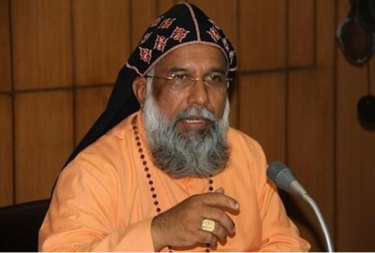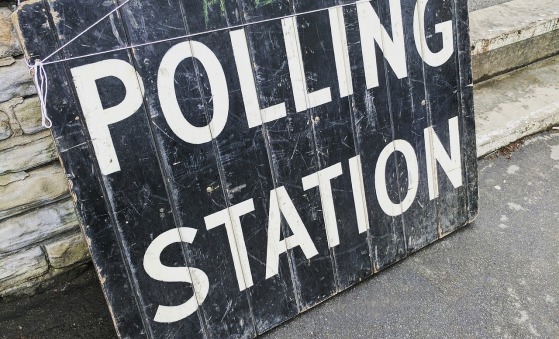
Kochi: The Catholic Bishops' Conference of India (CBCI) has expressed their displeasure over the federal government decision to observe Yoga Day on 21st June, Sunday, when most of the Bible believing Christians gather in a local Church for prayer, fellowship and listening to the Sermon.
Clearing the air, CBCI President and Syro-Malankara Major Archbishop Cardinal Baselios Cleemis told the gathering reporters in Kochi, Kerala, on Thursday that holding such programs on Sundays clashes with "our belief" as Sundays are holy day for Christians.
The United Nations General Assembly on December 11, 2014, declared June 21 as the International Day of Yoga on the suggestions of PM Narendra Modi.
Mr Modi will perform yoga exercises with 35,000 government employees, students and others on June 21, the first International Yoga Day ever to be observed.
The venue chosen for the occasion is Rajpath Boulevard in New Delhi where India's Republic Day parade is held on January 26.
The broadcast will be telecast live from New Delhi on big screens in more than 100 countries around the world. The United Nations celebration of the event will be shown in New York's Times Square.
While addressing the general assembly on September 27, 2014, Modi hailed yoga as "an invaluable gift of India's ancient tradition."
Modi's suggestion was eventually supported by 177 countries and ratified by the United Nations.
The Catholic Church's reservations against Yoga came amid opposition from some minority groups, including All India Muslim Personal Law Board (AIMPLB), against holding compulsory yoga classes in schools while Some Muslim groups have dubbed yoga as anti-Islam.
The government though has said participation in the June 21 events was not "compulsory."
Modi's administration has tried to distance itself from the controversy, saying the event is not a religious one, despite the tradition's deep roots in the Hindu religion.




